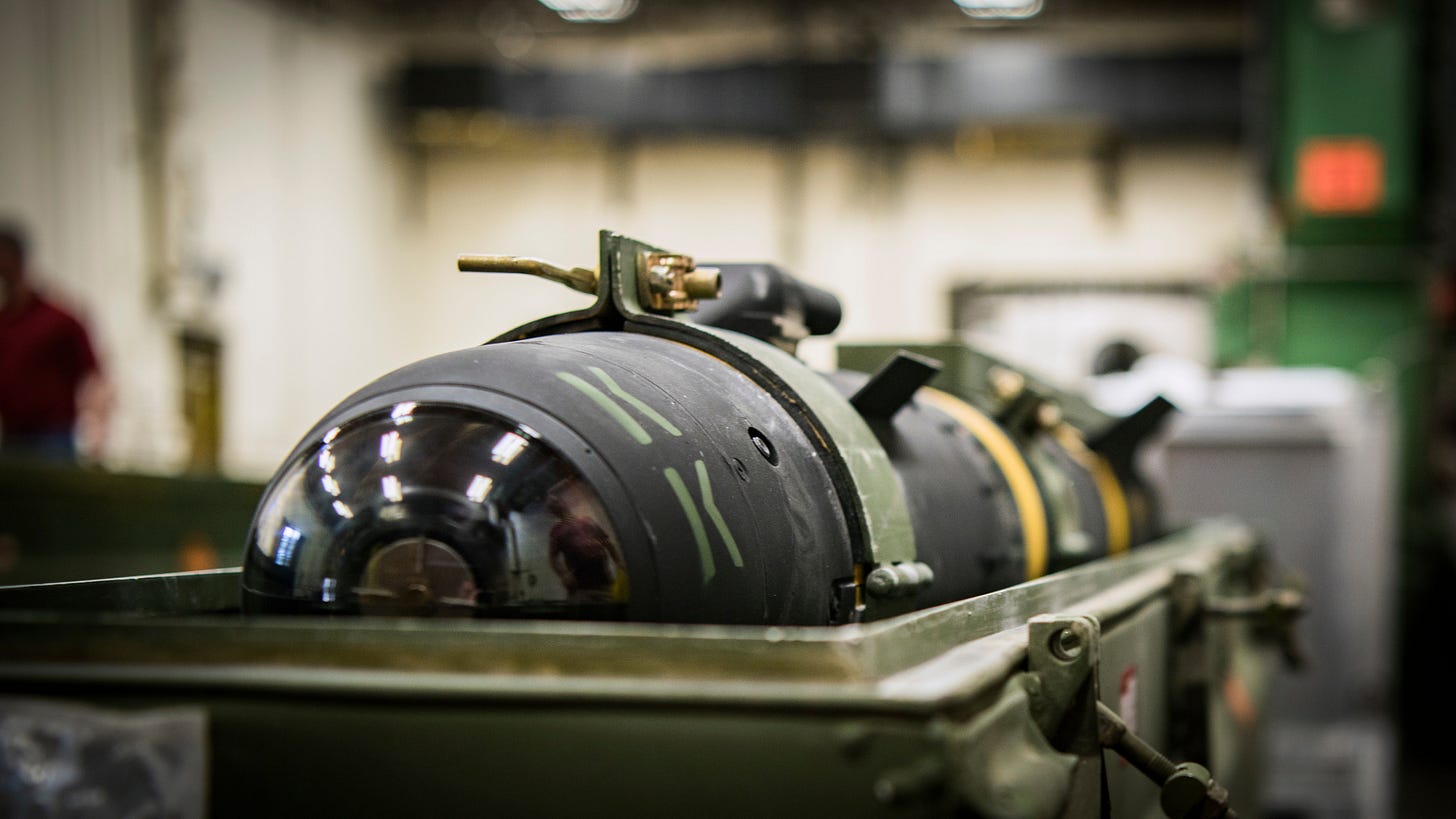US Approves Foreign Military Sales Of Up To $8.41 Billion To Kuwait And Israel
Kuwait: $1.0 billion for design, construction, and equipment for naval and land facilities. Israel: $660 million for Hellfire Missiles and $6.75 billion for munitions, guidance kits, and fuzes.
WASHINGTON - The recent announcements of Foreign Military Sales approved by the U.S. State Department include significant deals with both Kuwait and Israel, totaling an estimated $8.41 billion for three sales.
For Kuwait, the approved sale involves design and construction services along with related equipment at an estimated cost of $1.0 billion. This sale aims to support the procurement of maritime and land facilities at the Mohammed Al Ahmed Naval Base, other affiliated locations, and the Ras Al Ard Naval Base for onshore logistics.
Additionally, construction of a headquarters complex and other technical services are included. The proposed sale is intended to strengthen Kuwait's infrastructure, enhancing its capability to meet current and future threats. This initiative aligns with U.S. foreign policy and national security objectives by bolstering a major non-NATO ally.
For Israel, two significant deals were approved. The first sale involves AGM-114 Hellfire Missiles and related equipment for an estimated cost of $660 million. Israel has requested to purchase various variants of these missiles, along with support and test equipment, integration support, spare parts, and other logistical elements.
This sale aims to enhance Israel's self-defense capability and maintain its readiness to address regional threats. The second sale to Israel includes munitions, guidance kits, fuzes, and munitions support for an estimated cost of $6.75 billion.
This extensive procurement includes thousands of bombs, guidance kits, and fuzes, along with related support services. The objective of this sale is to improve Israel's homeland defense and deter regional threats by providing advanced weaponry.
These proposed sales demonstrate the United States' commitment to the security and stability of its allies in the Middle East.
According to the Defense Security Cooperation Agency (DSCA) Both sales will not alter the basic military balance in the region but will enhance the defensive capabilities of Kuwait and Israel, ensuring they can effectively address current and future threats.
Additionally, the sales will increase interoperability with U.S. forces, further strengthening military cooperation.
Kuwait – Design and Construction Services
Keep reading with a 7-day free trial
Subscribe to The Standeford Journal - News, Intel Analysis to keep reading this post and get 7 days of free access to the full post archives.





